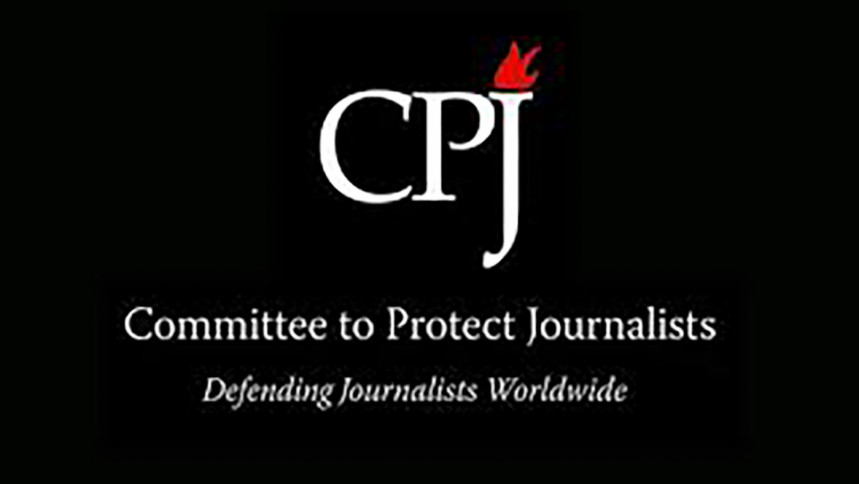In a tragic incident on Tuesday, a young lawyer was killed during violent clashes at the Chittagong court premises in Bangladesh. The unrest erupted following the court’s denial of bail to Sanatan Jagran Manch spokesperson Chinmoy Krishna Das Brahmachari, who was arrested at Dhaka airport on charges of sedition. The protest, organized by Brahmachari’s followers, quickly escalated into violence as police fired sound grenades and used batons to disperse the crowd. In the chaos, advocate Saiful Islam was critically injured and later succumbed to his injuries.
Bangladesh’s Interim Government, headed by Prof. Muhammad Yunus, has ordered a thorough investigation into the lawyer’s death. Yunus condemned the incident and promised legal action. A statement from his office urged calm and called on citizens to avoid participating in any further violence. “The government will take appropriate legal steps regarding this tragic event,” the statement read.
The clash in Chittagong came as part of wider unrest surrounding Brahmachari’s arrest. His followers, who have been vocal in protesting his detention, claimed that the court’s decision to send him to judicial custody was politically motivated. Brahmachari’s arrest, on sedition charges, has fueled tensions between his supporters and the authorities.
Meanwhile, press freedom in Bangladesh is also under siege, as global organizations express concern over mounting threats against the country’s media. The Committee to Protect Journalists (CPJ), based in the United States, called for an immediate investigation into recent threats of violence directed at the staff of two leading Bangladeshi dailies, The Daily Star and Prothom Alo. The CPJ’s statement, issued via X (formerly Twitter), condemned the vandalization of *Prothom Alo*’s office in Rajshahi and ongoing intimidation of media workers.
On Monday, mobs targeted the Prothom Alo office in Rajshahi, following earlier protests in Dhaka and elsewhere in the country. These demonstrations were fueled by dissatisfaction with the newspapers’ editorial policies. Last week, similar protests were staged in front of *The Daily Star*’s office.
In response, the Newspaper Owners Association of Bangladesh (NOAB) issued a strong statement condemning the attacks, calling on the government to take action against the perpetrators. “If anyone disagrees with any report or editorial, they should express their concerns in a civilized manner,” NOAB said, urging the government to prevent such attacks and ensure the safety of journalists.
The media landscape in Bangladesh has become increasingly hostile, with government actions raising concerns about press freedom. Recently, the interim government, led by Prof. Yunus, canceled the press accreditation of 167 journalists without providing any explanation. This move has been widely criticized by international organizations, which have called it a crackdown on free expression.
As Bangladesh grapples with political tensions and escalating violence, the protection of journalists and the legal rights of individuals remain at the forefront of global scrutiny.




















